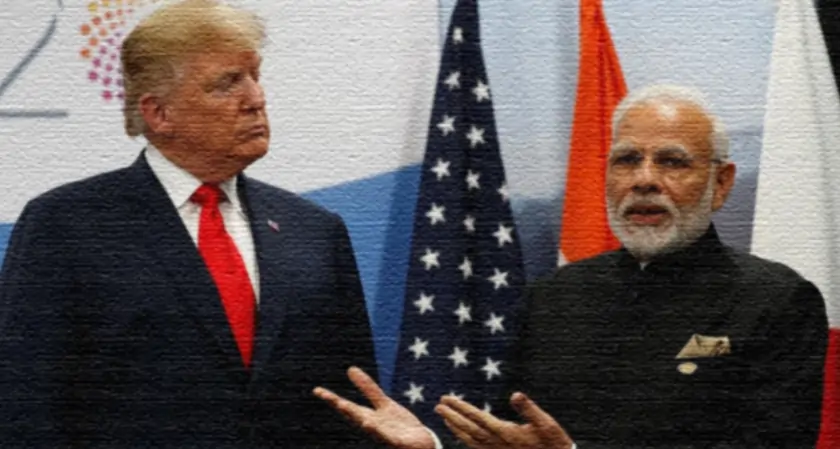A promising future between the US and India appears to be in sight, despite stalled negotiations and strict tariffs.
The most blatant example of the red lines his administration has placed in the now-stalled trade deal negotiations with the United States is Prime Minister Narendra Modi's declaration that India will never compromise the interests of its farmers, livestock rearers, and fishermen. It was well known that there were problems when US agricultural products, including genetically modified maize and soybeans, fuel ethanol, and dairy products, were introduced into India's local market. That stance was essentially solidified by Modi's remarks at a conference last week honoring the centennial of the birth of renowned agricultural scientist M S Swaminathan. Even if they were to start negotiating again, agriculture would not only be a topic of contention but also something India would like to be excluded from. Without any economic justification, this hardening of position is mostly due to internal politics and US President Donald Trump's tariff assaults.
The Modi government's room for compromise, which is necessary to finalize any trade agreement, has been reduced by the imposition of a 50% duty on Indian imports, which includes a 25% levy as a "penalty" for buying oil from Russia. This is especially true in a delicate industry where even small concessions can lead to charges of a sell-out. Trump has made it more difficult for India to engage in fruitful agriculture trade discussions. That's regrettable. The two nations' agricultural produce trade is flourishing.
India's purchases of Californian almonds and pistachios, as well as its exports of frozen shrimp, are expected to propel trade between India and the US to record highs between January and June of 2025. Even if it's difficult to restart trade negotiations, agricultural commerce has a lot of promise. India could purchase maize and soybeans and increase its exports of seafood, basmati rice, spices, and essential oils. When common sense wins out, cooperative commerce benefits both parties, as demonstrated by California's nut producers.



































